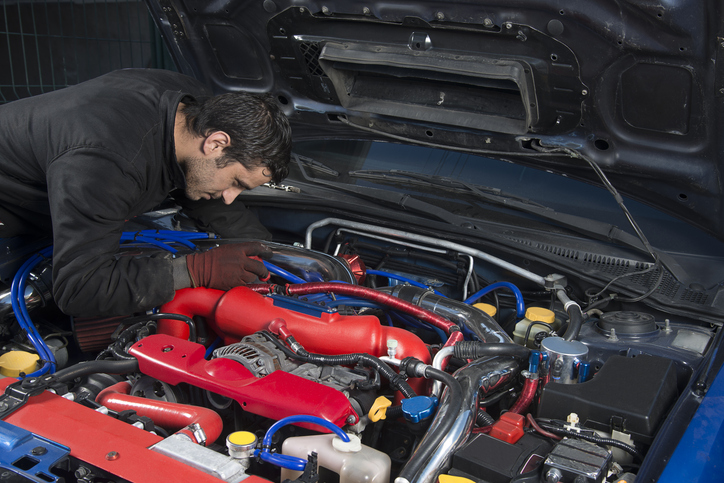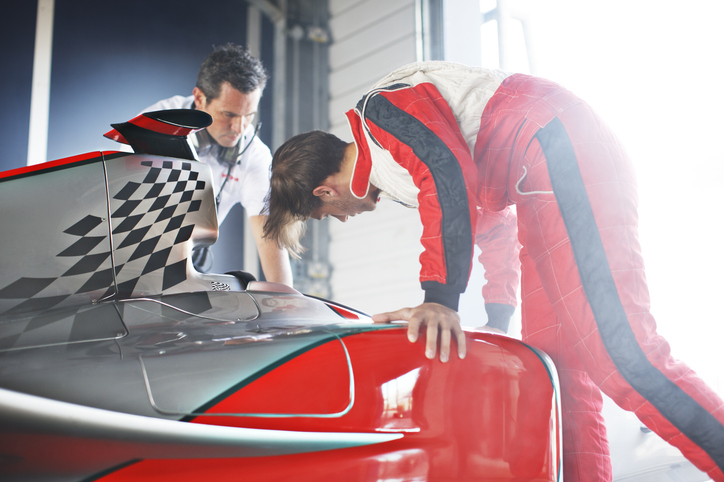5 Essential Tips For Servicing Race Cars After Diesel Mechanic Training
Diesel mechanic training opens doors to various careers in the auto industry, including the exciting and demanding field of race car servicing.
Ensuring that high-performance vehicles remain in optimal condition and are ready to compete at the highest levels requires a unique blend of skills, precision, and training.
In this blog post, we will explore five essential tips for those transitioning from diesel mechanic training to a career in race car servicing. Mastering these skills is crucial for success in maintaining and enhancing race cars’ performance.
1. Understand the Engine Dynamics
Race cars operate at high-performance levels, requiring an in-depth understanding of their engine dynamics. Unlike diesel engines, which prioritize durability and efficiency, race car engines are built for speed and agility. Familiarize yourself with the specific requirements of high-performance engines, including their tuning, airflow, and fuel delivery systems.
Tip: Study the specifications and technical manuals of the race cars you will be servicing. Knowledge of engine components such as turbochargers, intercoolers, and exhaust systems will enhance your ability to optimize performance. Consider enrolling in automotive training courses focused on race car maintenance and repair. You can also network with experienced race car mechanics and crew members. Attend races and pit stops to observe firsthand how race cars are serviced and maintained under pressure.

2. Prioritize Regular Maintenance
As a diesel mechanic, you must know that regular maintenance is crucial to keep race cars in peak condition. Develop a comprehensive maintenance schedule that includes frequent inspections and servicing. Key areas to focus on include the engine, transmission, suspension, brakes, and tires. Regularly changing the oil, checking fluid levels, and inspecting for wear and tear can prevent costly failures during a race.
Tip: A maintenance log tracks all services performed and schedules future inspections. This helps ensure no aspect of the car’s performance is overlooked.

3. Being a Diesel Mechanic Means Paying Attention to Detail
Racing demands precision, and even minor issues can significantly impact performance. Pay close attention to every detail during servicing. Check for loose bolts, worn-out hoses, and any signs of potential failure. Use high-quality parts and fluids designed specifically for high-performance vehicles to maintain optimal functionality.
Tip: Regular inspections and meticulous adherence to maintenance schedules are crucial. Developing a keen eye for potential issues, from excessive tire wear to subtle leaks in high-performance fluids, is essential. Develop a checklist for each service session to inspect and maintain all critical components thoroughly. Maintain a clean and organized work area. Label tools and parts meticulously to avoid confusion during high-pressure pit stops or race-day repairs.
4. Master the Art of Diagnostics
Efficient diagnostics are essential for identifying and addressing performance issues quickly. Modern race cars are equipped with advanced diagnostic systems that provide real-time data. Learn to use diagnostic tools and software to monitor engine performance, temperature, pressure, and other critical parameters.
Tip: Stay updated with the latest diagnostic technologies and tools. Participating in workshops and training sessions can help you master these essential skills.
5. Focus on Safety
Safety is paramount in the high-speed world of racing. Ensuring that all safety mechanisms are in place and functioning correctly is vital. This includes checking the roll cage, harnesses, fire suppression systems, and fuel lines. Regularly inspect and replace safety equipment to comply with racing regulations and ensure driver protection.
Tip: Conduct a pre-race safety check and keep a detailed record of all safety inspections. Prioritize safety upgrades and repairs to prevent accidents on the track.
Are you looking for a world-class automotive school?
Contact CATI for more information.

